The art of crafting musical strings from sheep intestines, known as catgut, has been practiced for centuries across various cultures. In Syria, this tradition is deeply rooted in the country's rich musical heritage, particularly in the construction of instruments like the oud and qanun. The process of weatherproofing these delicate strings is both a science and an art, requiring meticulous attention to detail and an intimate understanding of natural materials.
Syrian artisans have developed unique methods to enhance the durability of sheep intestine strings while preserving their acoustic qualities. The intestines are first carefully cleaned and stripped of excess fat and membranes. This initial preparation is crucial, as any residual impurities can compromise the string's structural integrity. The cleaned intestines are then soaked in a solution of water and natural alkaline substances, which helps to break down remaining proteins and prepare the fibers for further treatment.
What sets Syrian weatherproofing techniques apart is the use of traditional plant-based tannins and oils. Artisans often employ extracts from local trees like sumac or pomegranate, which contain natural preservatives that protect the strings from humidity and temperature fluctuations. These substances not only weatherproof the strings but also contribute to their distinctive warm tone. The treatment process can take several weeks, with the strings being repeatedly coated and allowed to dry under controlled conditions.
The climate of Syria plays a significant role in the weatherproofing process. The dry desert air and intense sunlight are harnessed as natural curing agents. Artisans carefully monitor exposure times, as too much direct sunlight can make the strings brittle, while insufficient drying leaves them vulnerable to moisture. This delicate balance reflects generations of accumulated knowledge about working with natural materials in the region's specific environmental conditions.
Modern advancements have introduced synthetic alternatives, but many Syrian musicians and instrument makers still prefer traditionally treated sheep gut strings. They argue that the natural weatherproofing methods produce superior tonal qualities that synthetic materials cannot replicate. The slight imperfections and organic variations in hand-treated gut strings are valued for the unique character they bring to musical performances.
Preserving this traditional knowledge has become increasingly important as fewer artisans practice these techniques. Some workshops in Damascus and Aleppo continue the tradition, often combining ancient methods with contemporary quality control measures. These craftsmen serve as living repositories of cultural heritage, maintaining a connection to Syria's musical past while adapting to present-day demands.
The weatherproofing of sheep gut strings represents more than just a technical process—it embodies a philosophy of working in harmony with natural materials. Each step, from selection to treatment, requires patience and respect for the material's inherent properties. This approach results in strings that not only withstand environmental challenges but also develop richer tones over time, much like fine wine aging in optimal conditions.
As global interest in authentic traditional music grows, Syrian-made gut strings have found appreciation among musicians worldwide. The weatherproofing techniques developed over centuries in Syria's unique climate continue to produce some of the most sought-after natural strings for classical and traditional instruments. This enduring craft stands as a testament to the sophistication of pre-industrial material science and the timeless pursuit of acoustic perfection.

By /Jun 6, 2025

By /Jun 6, 2025

By /Jun 6, 2025

By /Jun 6, 2025
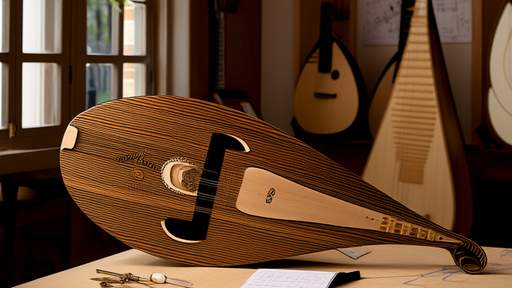
By /Jun 6, 2025
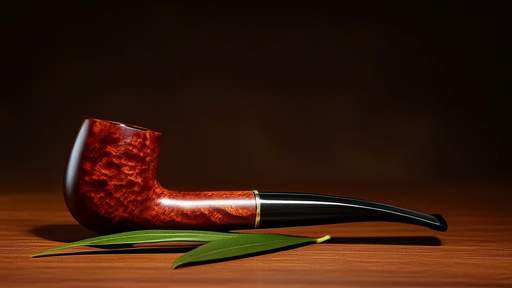
By /Jun 6, 2025

By /Jun 6, 2025

By /Jun 6, 2025

By /Jun 6, 2025

By /Jun 6, 2025

By /Jun 6, 2025

By /Jun 6, 2025
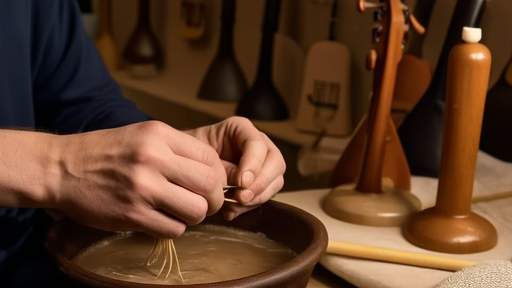
By /Jun 6, 2025

By /Jun 6, 2025

By /Jun 6, 2025
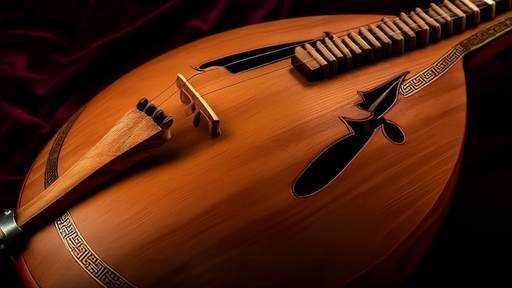
By /Jun 6, 2025

By /Jun 6, 2025
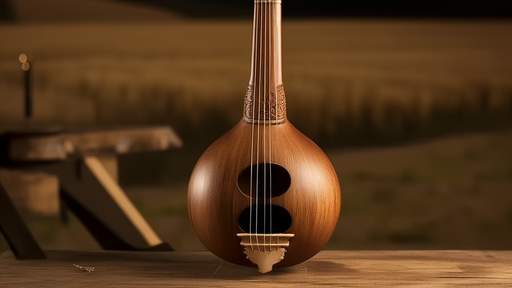
By /Jun 6, 2025
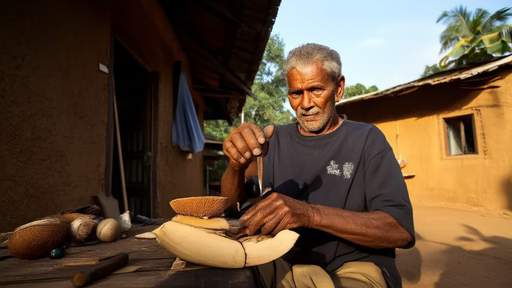
By /Jun 6, 2025
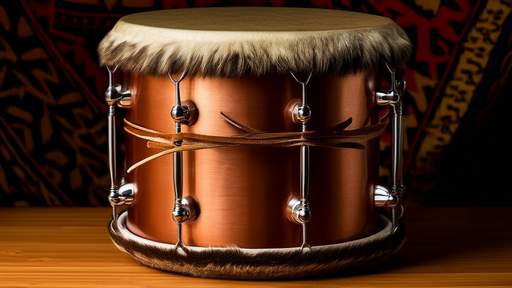
By /Jun 6, 2025